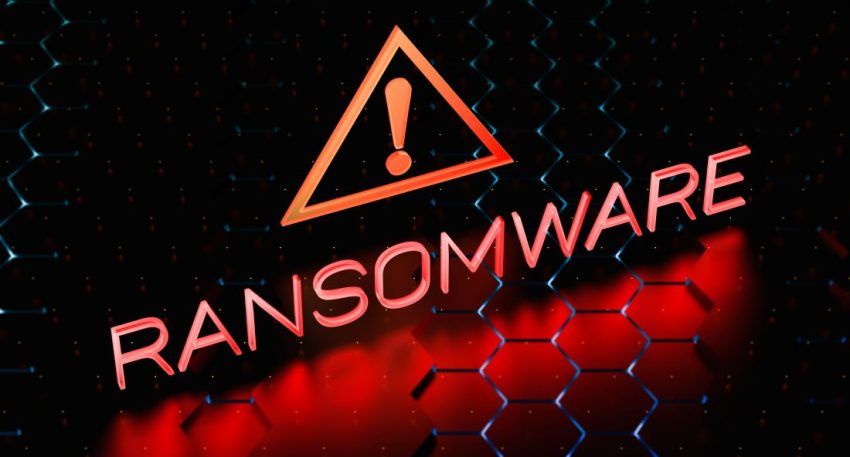On March 25, DataBreaches entered Teton Orthopaedics’ name on a monthly worksheet this site uses for tracking breaches in the healthcare sector. The entry wasn’t based on any report by Teton Orthopaedics or media, and DataBreaches had been unable to find any notice by the provider. The entry was based on a claim by the ransomware group known as DragonForce, who claimed to have exfiltrated 19.48GB of files and to have encrypted Teton’s files.
At some later date, DragonForce leaked all the data, and DataBreaches examined some of it. Using the names of a small sample of xix patients and their dates of birth or location, DataBreaches was able to find all six via a Google search; their ages and location matched what showed in the patient records. Patient records in the leak were all in plain text and contained patient demographic information as well as medical information on history, diagnosis, and treatment. Other files dealt with billing and insurance, or internal business matters and employee matters.
Despite the leak, there was still nothing on HHS’s breach tool or the entity’s website.
And that’s where things remained, it seems, until December 2024, when Teton Orthopaedics notified 21 Massachusetts residents of a ransomware attack and then informed Maine that a total of 13,409 people were affected by the incident.
But where was the notice to HHS that was due no later than 60 days after discovery of the breach? Teton Orthopaedics’ website notice acknowledges that they discovered the breach on March 25, 2024 — which coincidentally or not, was the same date Dragon Force announced the attack on its leak site. Investigation later revealed that the attack had occurred between January 16 and March 25. By May 23, notification should have been made to HHS and to affected individuals.
As of publication, there is still no report on HHS’s public breach tool. Did HHS receive a report from them that just didn’t get posted yet?
And when did Teton first notify patients? On January 10, DataBreaches sent an email inquiry to Teton Orthopaedics to ask whether they had notified any state attorneys general, HHS, or patients prior to their December 13, 2024 notification. There has been no reply, but the website notice appears to have been posted after the email was sent.
Failed Negotiations?
According to a spokesperson for DragonForce, Teton did contact them in chat on March 27. When asked whether Teton had tried to negotiate any payment, DragonForce’s spokesperson quoted from an alleged chat log on April 9: “It will be tricky to get much more than $50,000 in our current state. We appreciate the cooperation, but we can’t commit to a deal only to leave it unpaid. We’ll update you later in the week after our internal meeting Wednesday with the bosses.”
Teton’s last message was reported on April 11: “We want you to work with us but we need your patience while we work to figure this out. We should have a clearer picture by Tuesday at the latest.”
They never returned.
What Was Involved?
Although DataBreaches focused on examining patient data, employee data was also involved. Teton notes that the types of information that may have been impacted as a result of this incident varies per individual and potentially included: names, addresses, dates of birth, health insurance information, and medical information. Additionally, they write, for a limited number of individuals, the affected information may have included: driver’s license/Government ID numbers, Social Security numbers, financial account information, passport information, and/or payment card information.
Teton’s notice indicates that they have taken steps to strengthen their security, implementing MFA where available, updating physical hardware, and strengthening our password requirements.
Their notice provides some suggestions for what individuals can do to protect themselves but does not seem to offer them any complimentary free services such as credit monitoring or identity theft restoration services.
Nor does it tell patients that their personal and protected health information is freely available on the dark web to anyone who wants to download it. While HIPAA doesn’t directly require entities to make that disclosure, DataBreaches has long argued that people cannot really assess their risk and make decisions about how to protect themselves if they are kept in the dark about the fact that their information has not only been stolen but leaked publicly.
